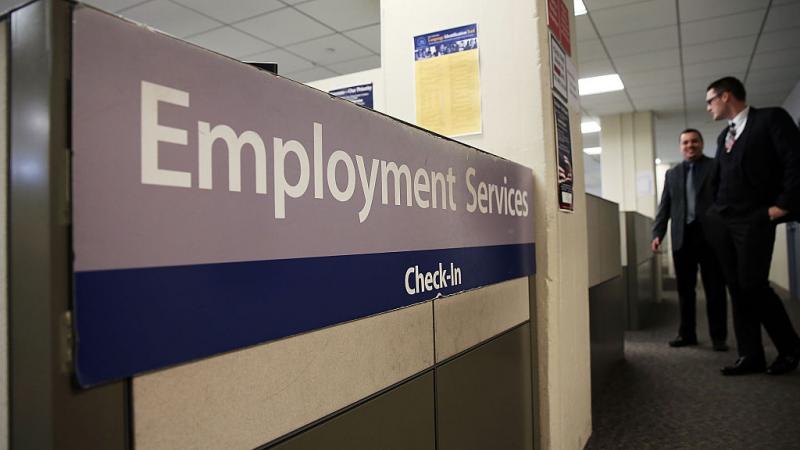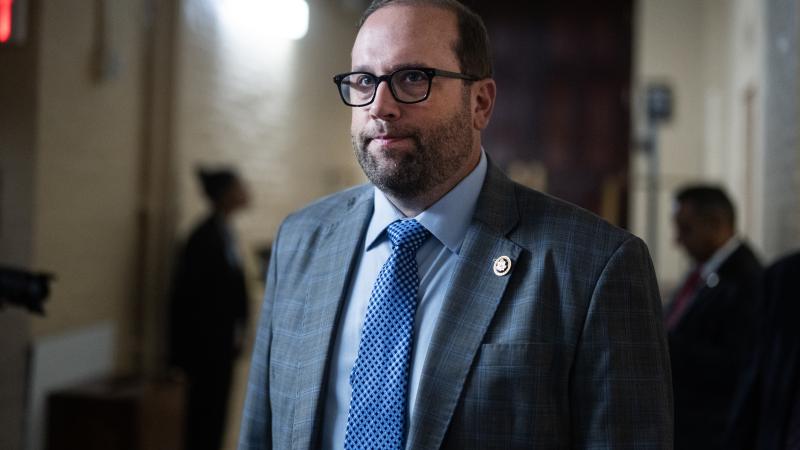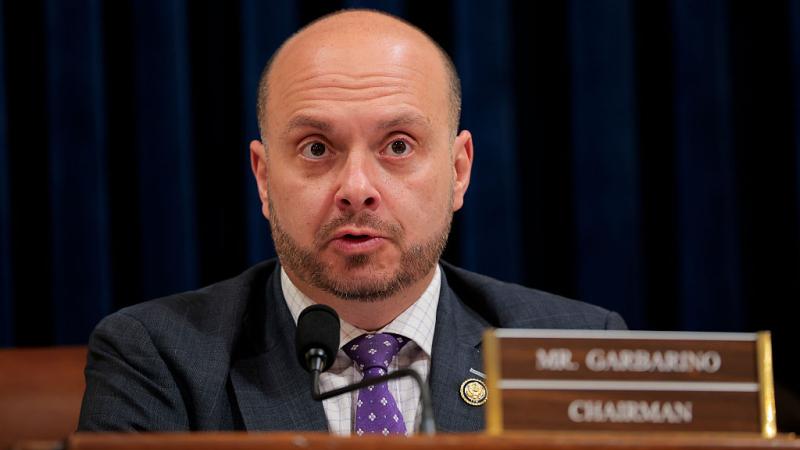Age discrimination? IBM faces allegations it fires older workers, replaces them with young hires
Internal documents talking about "refresh" of workforce and "early professional hires" take center state in litigation.
While older Americans are more likely to stay in the workforce longer than ever before, the iconic technology company IBM is facing allegations it replaced thousands of older employees with what executives called "new collar workers," according to the latest episode of Sinclair's Full Measure with Sharyl Attkisson.
IBM was once America's tech leader as it revolutionized the computer punched card and, later, the personal computer or PC. However, it struggles today with perceptions it has become a dinosaur.
"IBM in recent years has been competing with a new brand of younger hipper tech companies like Google, like Amazon. And IBM has recognized that it's got a reputation for being an older tech company," said Attorney Shannon Liss-Riordan, who represents more than 500 former IBM employees.
"A strategy that IBM has been undertaking for a number of years now is to try to systematically reduce the age of its workforce by getting rid of older employees, many of whom have been with the company for decades, and replacing them with younger employees," Liss-Riordan said.
The debate is now taking shape in the form of legal complaints and a class-action lawsuit, and late last year the U.S. Equal Employment Opportunity Commission gave a favorable ruling to older employees who claim they were wrongly fired by IBM.
The company insists it does not engage in age discrimination. "Our employment actions always have been based on having the right skills at the right levels in the right jobs — never on the age of any individual or group of employees," IBM said in a statement.
Others disagree.
Bill Timme retired from the Navy as a rear admiral and went on to a second career at IBM, where he became the global defense and intelligence leader. He worked happily and successfully there for almost 10 years until he was laid off in January 2017, after turning 61. He said the lay-off was "Completely out of the blue."
According to the Age Discrimination in Employment Act of 1967, workers age 40 and over have become part of a protected class. But some argue age discrimination remains widely practiced and accepted in the workplace today, and is notoriously difficult to prove. At IBM, critics say they found an undeniable pattern. In 2018, the journalism group ProPublica reported that IBM fired more than 20,000 employees over age 40 over a six-year period.
"We've also uncovered a number of IBM strategic planning documents in which they expressly talk about the need to refresh their workforce, rebalance their workforce, focus on what they call early professional hires," Liss-Riordan said.
A reported internal IBM strategic planning document, submitted as evidence in court, refers to "Re-profiling Current Talent." Under "Continuous talent refresh," it reads: "Focus on programs to create room for new talent to build skills for key growth areas..." Under "Expected Outcomes:" "55% Early Professional Hires in 2020" and "10% annual talent refresh."
Former top IBM executive Catherine Rodgers says that's code for replacing older workers with young ones. Her testimony is a key part of the case against IBM. She was fired in 2017 after 40 years — she says for warning her superiors that their hiring and firing strategies amounted to age discrimination.
IBM's stated goal was to hire 25,000 people over four years. But doing so without expanding the workforce, Rodgers alleges, implied a parallel plan to reduce 25,000 older workers. She says IBM's CEO at the time even coined the phrase "new collar workers."
Age discrimination is "very hard to prove," Richard Johnson said, who heads up the Program on Retirement Policy at the Urban Institute, a research nonprofit.
He defined "age discrimination as if you're treating someone differently on account of their age when it doesn't reflect their productivity, the contributions that they can make in the workplace."
When asked if older employees happen to be let go more because they cost more to keep while their productivity is less than a younger employee, Johnson said, "That's certainly what employers claim. In terms of the higher costs though, what we do find is that a lot of older workers are willing to work for less, that they don't really expect that they're going to get paid as much as they did at the peak of their earnings career. And we know that after age 50, after age 55, earnings actually tend to fall for older workers. And yet, they can't even be hired at those lower wages."
According to the Urban Institute, someone 65 or older is 95 percent more likely to be working today than they were 35 years ago. But on the flip side, a study of retirement trends from 1998-2014 found more than half (56 percent) of people working full time in their early 50's were pushed out of their jobs before they reached age 65.
The complaints against IBM received a boost last fall when the Equal Employment Opportunity Commission, which oversees such claims, rejected IBM's arguments.
The Commission found nearly 86 percent of IBM's potential layoff pool was older workers and that the evidence showed, "There is reasonable cause to believe that [IBM] discriminated against [the employees] on account of their age."
In response, IBM told Attkisson, "We were disappointed by the [Commission's] preliminary findings. IBM makes decisions based on skills and the needs of its business units, not age."
Meanwhile, the way IBM handled the lay-offs has further complicated attempts to sue. In order to get a month or so of severance pay, most of the employees — like Timme — signed an agreement saying they would have to pursue any age discrimination claims through arbitration rather than banding together in one, powerful global lawsuit.
Timme has joined the class action suit Liss-Riordan is trying to build with hundreds of ex-IBM employees. Today, he is 65 and doing some consulting but isn't working full-time, although he says, "I've definitely got more working time."
The former employees hope to receive an eventual payout from IBM. Advocates are pressing Congress to step in and ban forced arbitration that prevent workers from banding together to enforce their rights in court.
















